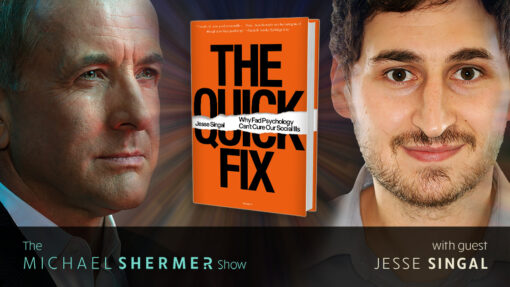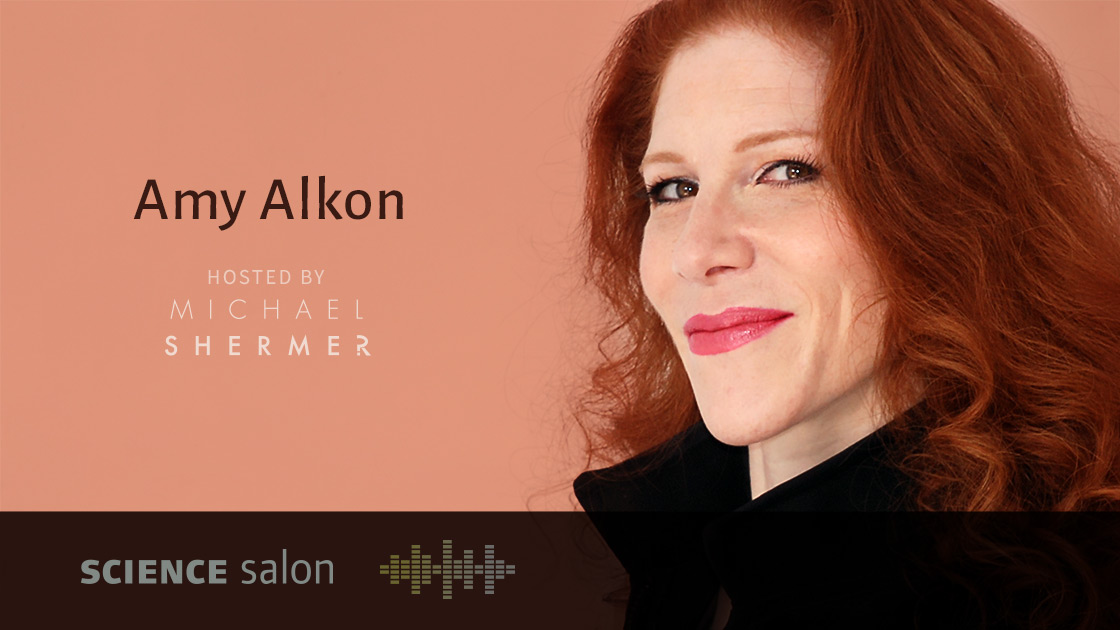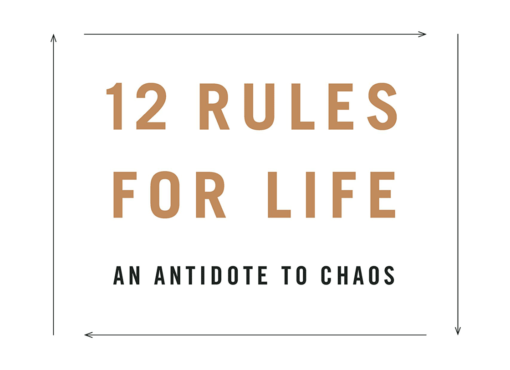self help

Shermer and Henderson discuss: hindsight bias • genes, environment, luck, contingency • foster care • incarceration rates • marriage, divorce, childhood outcomes • poverty, welfare programs, and social safety nets • the young male syndrome • alcohol, drugs, depression • luxury beliefs of educated elites • wealthy but unstable homes vs. low-income but stable homes • inequality • Henderon’s experience in the military, at Yale and Cambridge • the Warrior-Scholar Project.

Michael Shermer and Jesse Singal discuss: how social scientists determine causality • cognitive priming • The Malcolm Gladwell-effect • self-help movements • power posing • positive psychology • Implicit Association Test • racism, gender, class, misogyny, bigotry • replication crisis • choice architecture • I.Q. • free will and determinism • nature/nurture and how lives turn out • abortion • and U.S. foreign policy.
Michael Shermer speaks with Jesse Singal about this new book: Why Fad Psychology Can’t Cure Our Social Ills.

Science writer and weekly advice columnist Amy Alkon debunks widely-accepted but scientifically unsupported notions about self-esteem, shame, willpower, and more and demonstrates that thinking your way into changing (as so many therapists and self-help books advise) is the most inefficient way to go about it. Shermer and Alkon also get into the #metoo movement, evolutionary psychology, politics, depression, suicide, Jordan Peterson, and other fascinating topics.
In Science Salon # 31, Michael Shermer talks with the science writer and weekly advice columnist Amy Alkon about her new book, Unf*ckology: A Field Guide to Living with Guts and Confidence.

Jonathan N. Stea avers that the self-help material that psychologist Jordan Peterson provides to the masses mirrors the principles found in evidence-based clinical psychological literature.
In this week’s eSkeptic, Victoria Bekiempis reviews The Case for Rational Optimism by Frank S. Robinson.
In this utterly original take on the American frame of mind, Barbara Ehrenreich traces the strange career of our sunny outlook from its origins as a marginal 19th-century healing technique to its enshrinement as a dominant, almost mandatory, cultural attitude. Evangelical mega-churches preach the good news that you only have to want something to get it, because God wants to “prosper” you. The medical profession prescribes positive thinking for its presumed health benefits. Academia has made room for new departments…
In Skeptic magazine (Vol. 14, No. 4), we published a skeptical analysis of the self-esteem and positive-thinking movement by investigative journalist Steve Salerno (which also appeared this eSkeptic), demonstrating that it is not enough to just say positive things, you actually have to do positive things. In response, Mark Robert Waldman and Andrew Newberg have written the following critique of Salerno’s critique, arguing that there is evidence for how thoughts influence actions. Steve Salerno’s responds.
In this week’s eSkeptic, investigative journalist Steve Salerno reveals what the science says about the positive thinking and self-esteem movement, and it isn’t very positive and will not raise the self-esteem of all those self-help gurus who have been telling us for decades that we just need to think more positively about life to make things better.
In this week’s eSkeptic, Ingrid Hansen Smythe gives us her skeptical analysis of the movie The Secret.
In this week’s eSkeptic, Michael Shermer presents a Rolling Stone article on Scientology that he calls “one of the most thoughtful, reasoned, and highly-readable pieces on the Church.” Also, Shermer explores the “Sham Scam,” based on Steve Salerno’s book SHAM: The Self-Help & Actualization Movement.












